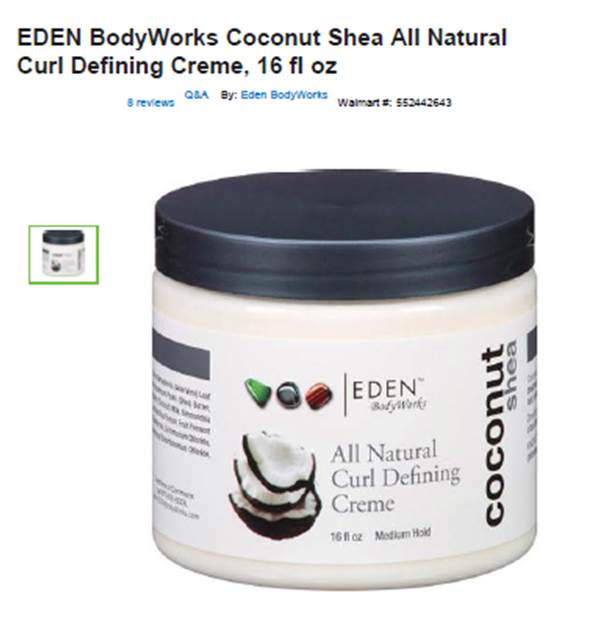If companies market their products as “all natural” or “100% natural,” consumers have a right to take them at their word. That’s the message of four proposed FTC settlements and one just-issued administrative complaint challenging the allegedly deceptive use of those phrases in ads for skincare products, shampoos and styling products, and sunscreens. According to the FTC, the companies pitched their products as “all natural” or “100% natural,” but included synthetic ingredients.
Here’s the scoop about the four settlements:
- Trans-India Products doing business as ShiKai, markets “All Natural Hand and Body Lotion” and “All Natural Moisturizing Gel” on its own site and through national chain drugstores. However, the lotion contains dimethicone, ethyhexyl glycerin, and phenoxyethanol. The gel has phenoxyethanol.
- Erickson Marketing Group, doing business as Rocky Mountain Sunscreen, promotes products – including its “Natural Face Stick” – as “all-natural.” What’s in the Face Stick? Dimethicone, polyethylene, and other synthetic ingredients.
- ABS Consumer Products, doing business as EDEN BodyWorks, markets haircare products on its own site and on the site of a major retailer. The products have names like “Coconut Shea All Natural Curl Defining Creme” and “Jojoba Monoi All Natural Shampoo,” but in reality they contain a range of synthetic ingredients like polyquaternium-37, phenoxyethanol, caprylyl clycol, and polyquaternium-7.
- Beyond Coastal advertises that its “Natural Sunscreen SPF 30” is “100% natural.” But what's really in it? Dimethicone.
 The proposed orders prohibit misrepresentations that a product is all-natural or 100% natural. In addition, the companies can’t misstate the extent to which any product contains natural or synthetic components, can't make misleading claims about ingredients or composition, and can't make deceptive representations about environmental or health benefits. For some claims, the companies will need scientific evidence.
The proposed orders prohibit misrepresentations that a product is all-natural or 100% natural. In addition, the companies can’t misstate the extent to which any product contains natural or synthetic components, can't make misleading claims about ingredients or composition, and can't make deceptive representations about environmental or health benefits. For some claims, the companies will need scientific evidence.
A complaint against a fifth company – Sausalito-based California Naturel, Inc. – just entered litigation before an Administrative Law Judge. The FTC alleges that California Naturel advertised a sunscreen as “all natural” when it contains dimethicone.
What can other marketers take from the proposed settlements? That “all-natural” or “100% natural” mean just that. If you advertise your product as “all-natural” or “100% natural” and it contains artificial ingredients or chemicals, now is the natural time for a compliance check.
You can file an online comment about the four proposed settlements by May 12, 2016.

In reply to If your product "contains.. by Erica V
In reply to The word "Natural" even in by Oliver P